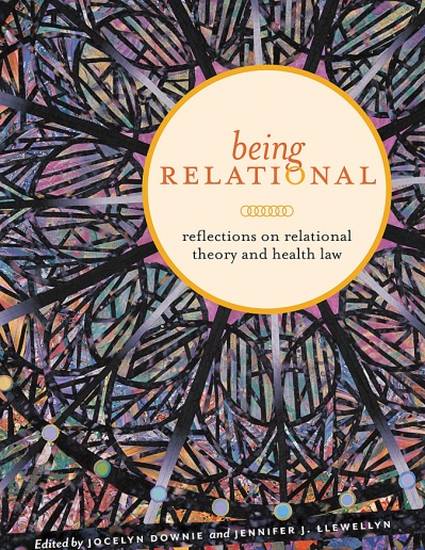
- Relational Theory,
- Involuntary Psychiatric Hospitalization,
- Assessment of Capacity,
- Decision-Making Capacity,
- Starson v Swayze,
- Supreme Court of Canada,
- Treatment Capacity,
- Mental Health Law
In this chapter, I explore the implications of relational theory for a highly charged site of administrative state ordering wherein persons subject to, or under scrutiny in light of criteria for, involuntary psychiatric hospitalization undergo assessment of their capacity to make decisions about the psychiatric treatments prescribed to them. While assessment of capacity to make treatment decisions (which I will call assessment of “treatment capacity”) is implicit in the act of obtaining legally valid consent to medical treatment in any setting,1 the institutional mechanisms that are, or are not, in place for testing and disputing this form of decisional capacity in psychiatric hospital settings merit focused scrutiny.2 I argue, drawing on a decision of the Supreme Court of Canada issued in 2003, Starson v. Swayze, that the time is ripe to advance a relational approach to this contested site of medico-legal activity.3
